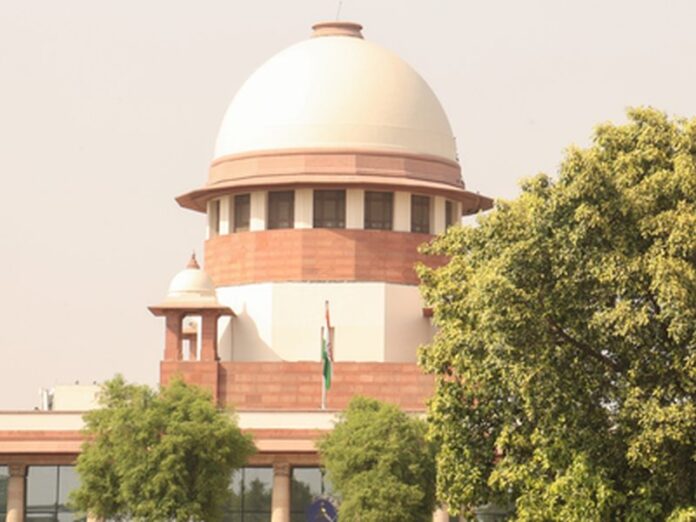Introduction
The Supreme Court of India on Monday strongly criticized the Delhi Police for repeatedly delaying their responses in bail hearings related to the 2020 Delhi riots cases, warning that such delays reflect poorly on the administration of justice. The apex court called the police’s conduct “unacceptable” and said that “justice cannot be held hostage to bureaucratic indifference.”
Court’s Sharp Remarks
A bench led by Justice Sanjay Kishan Kaul and Justice Sudhanshu Dhulia expressed deep displeasure over the lack of timely filing of status reports and counter-affidavits by the Delhi Police in multiple bail petitions pending before the Delhi High Court and the Supreme Court.
“This court has time and again directed prompt responses in criminal matters, particularly where liberty is at stake,” Justice Kaul remarked. “Yet, the Delhi Police seems to be in no hurry when it comes to the freedom of citizens.”
The bench warned that if such delays continue, the court might be compelled to take a serious view of the matter and consider imposing costs or summoning senior officials to explain the lapses.
Pattern of Delays in Riots Cases
The Supreme Court noted a pattern of procrastination by the Delhi Police in cases linked to the 2020 North-East Delhi communal violence, which claimed 53 lives and left hundreds injured.
In several cases, accused persons — many of whom have been in custody for over three years — have complained of undue delay in their bail hearings because the police failed to file required responses on time.
Advocates representing the accused argued that the investigation has been largely concluded, yet the police “continue to drag their feet,” delaying justice for those awaiting trial.
Police’s Explanation and Court’s Response
The counsel for the Delhi Police submitted that the volume of cases and administrative constraints were causing delays in preparing detailed replies. However, the court was unconvinced, stating that “such excuses cannot override the constitutional right to liberty.”
“If the Delhi Police can mobilize resources for large-scale law and order operations, it can certainly file timely responses in court,” Justice Dhulia said.
The bench has directed the Commissioner of Delhi Police to ensure that all pending responses in riot-related bail matters be filed within two weeks, without fail.
Background: 2020 Delhi Riots Cases
The February 2020 riots, which broke out in North-East Delhi amid protests over the Citizenship Amendment Act (CAA), resulted in widespread arson, looting, and communal clashes.
Hundreds of FIRs were registered, and several activists and political figures — including student leaders — were arrested under serious charges, including UAPA (Unlawful Activities Prevention Act) provisions.
Civil rights groups and legal experts have consistently raised concerns over prolonged pre-trial detention and slow judicial processes, arguing that justice is being “delayed to the point of denial.”
Supreme Court’s Broader Message
The bench emphasized that speedy justice is not just a legal right but a constitutional guarantee.
It directed lower courts to expedite hearings in riot-related bail pleas and reminded investigating agencies that procedural inefficiency cannot be allowed to undermine fundamental rights.
“The right to liberty cannot be reduced to a procedural casualty,” Justice Kaul said in his concluding remarks.
Conclusion
The Supreme Court’s rebuke is a clear signal to law enforcement agencies to uphold accountability and transparency in judicial processes.
With strict timelines now in place, victims and accused alike hope that the long-delayed legal proceedings stemming from the 2020 Delhi riots will finally move forward with urgency and fairness.



